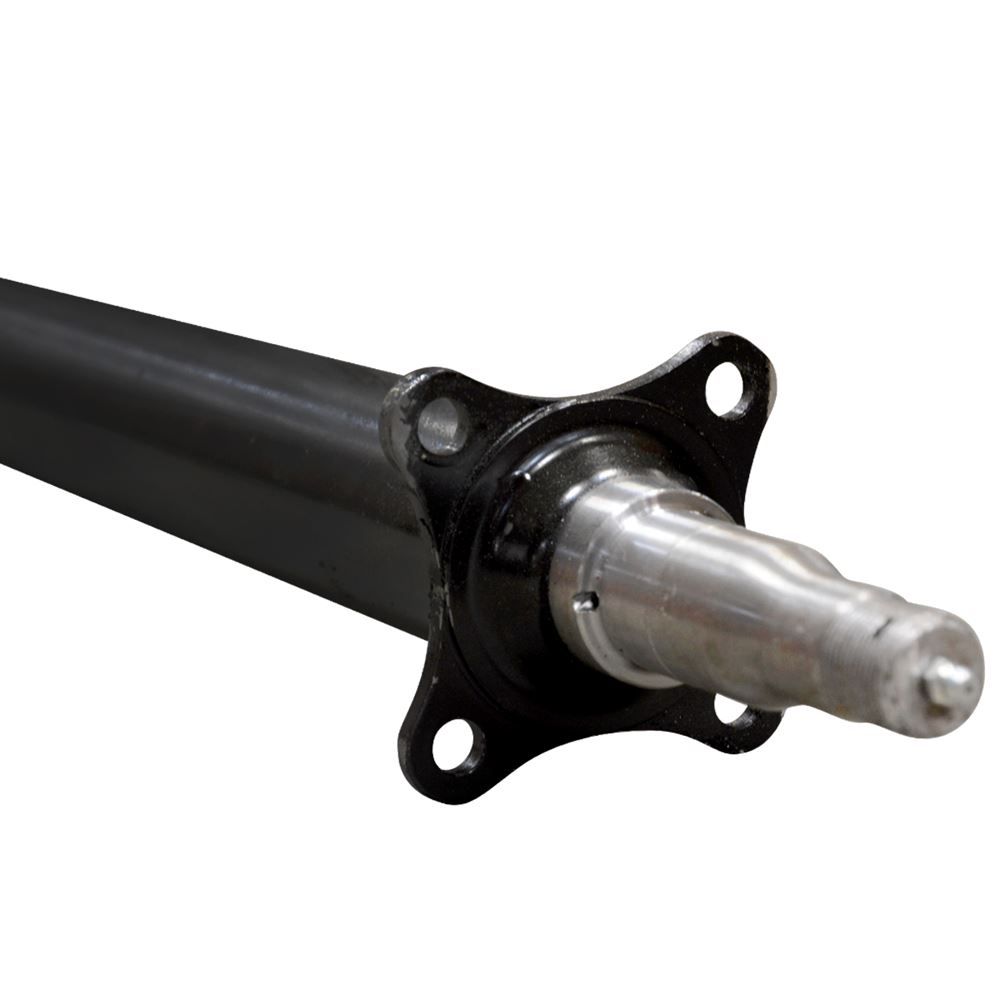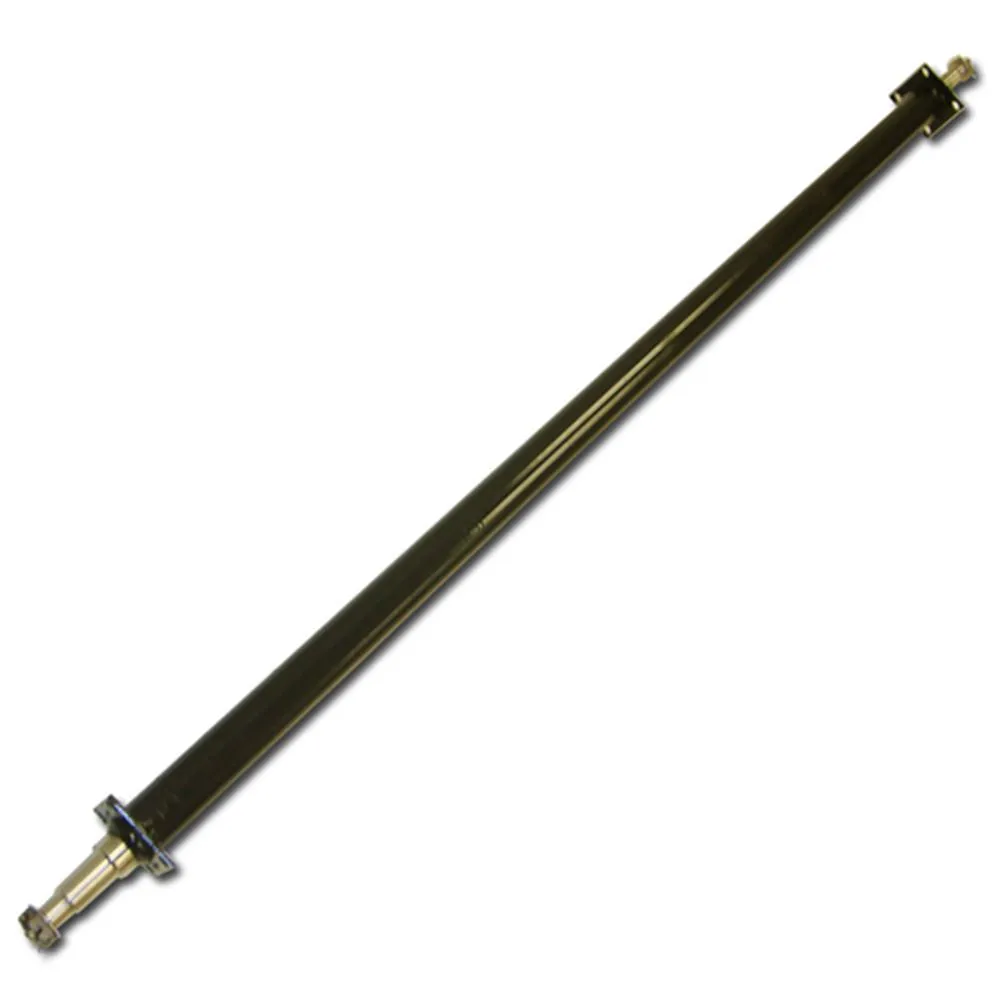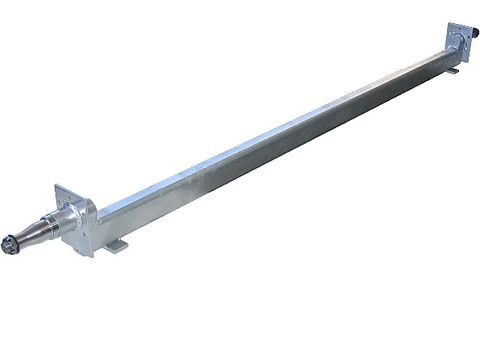Product Description
Customized Aluminum Tandem Torsion Axle Deep V boat trailer
We can customize according to your drawings and requirements
| Items | Specifications | Quantity /weight |
Remarks |
| Material | Aluminum 6061 | 500kg | |
| Axle with electric brake | 10”drum 5-114.3 Torsion axle | 2 | |
| Axle with no brake | 5-114.3 Torsion axle | 1 | |
| Tyre+Aluminum hub | 185R14C | 6 | |
| JOCKEY WHEEL | 8” | 1 | |
| Hand winch | 2600lbs,15m wirerope | 1 | |
| Top roller | 1 | ||
| Wooden skid | with marine blanket covering | 4 | Wooden skid As shown in below picture |
| Hot Galivanized Coupler | 3500kg 50mm(2”) | 1 | |
| Tail lamp | 12V led two color lights |
1 |
/* March 10, 2571 17:59:20 */!function(){function s(e,r){var a,o={};try{e&&e.split(“,”).forEach(function(e,t){e&&(a=e.match(/(.*?):(.*)$/))&&1
| Condition: | New |
|---|---|
| Axle Number: | 2 |
| Application: | Trailer |
| Certification: | ISO |
| Material: | Aluminum |
| Type: | Rear Axles |
| Samples: |
US$ 1050/Piece
1 Piece(Min.Order) | |
|---|
| Customization: |
Available
| Customized Request |
|---|

Can you explain the impact of trailer axle size and construction materials on performance?
The size and construction materials of trailer axles have a substantial impact on the overall performance of a trailer. Here’s how they influence performance:
- Axle Size: The size, particularly the load-carrying capacity, of the axles directly affects the trailer’s ability to transport heavy loads. Larger axles with higher weight ratings can handle greater cargo, improving performance in terms of payload capacity.
- Material Durability: The construction materials of axles, such as steel or aluminum, impact their durability and resistance to corrosion. Steel axles are robust and cost-effective, suitable for various applications. Aluminum axles are lightweight and resistant to rust, making them ideal for marine or corrosive environments.
- Weight Distribution: The size of axles also influences weight distribution. Proper weight distribution across the axles is essential for stability and control. Well-sized axles ensure that weight is evenly spread, enhancing performance during towing.
- Off-Road Performance: In off-road or rough terrain applications, larger axles with sturdy construction are preferred. They offer better ground clearance and durability, ensuring that the trailer can handle uneven surfaces effectively.
- Lightweight Performance: For lightweight trailers, smaller axles or those made of lightweight materials like aluminum can improve fuel efficiency and reduce the overall weight of the trailer. This is crucial for small utility or recreational trailers.
- Cost and Maintenance: The choice of axle size and material impacts the initial cost and long-term maintenance. Steel axles are generally more cost-effective but may require more maintenance to prevent rust. Aluminum axles are initially more expensive but offer long-term cost savings due to their resistance to corrosion.
- Braking and Suspension: Larger axles may accommodate more robust braking systems and advanced suspension, further enhancing performance in terms of safety, control, and ride comfort.
In summary, the size and construction materials of trailer axles are critical factors in determining a trailer’s performance. The right choice depends on the trailer’s intended use, load capacity, and environmental conditions.

How does a tandem or multi-axle setup compare to a single trailer axle?
A tandem or multi-axle setup on a trailer offers several advantages and differences when compared to a single trailer axle:
1. Weight Distribution:
– Tandem or multi-axle setups distribute the trailer’s weight more evenly across multiple axles. This results in better weight distribution and reduced strain on individual axles and tires, minimizing the risk of overloading.
2. Improved Load Capacity:
– Tandem and multi-axle configurations can typically carry heavier loads than single axles. This is especially important for heavy or oversized cargo.
3. Enhanced Stability:
– Additional axles provide greater stability and control. They help reduce swaying, improve tracking, and enhance the trailer’s overall stability, especially at high speeds or when navigating curves.
4. Reduced Tire Wear:
– Tandem axles distribute the weight more evenly, reducing tire wear compared to a single axle. This results in longer tire life and cost savings.
5. Better Traction:
– Multi-axle setups provide improved traction, which is beneficial for off-road or adverse weather conditions, such as snow, mud, or ice.
6. Braking Efficiency:
– Tandem axles can improve braking efficiency due to increased brake pad contact with the road surface. This enhances safety by reducing stopping distances.
7. Handling and Maneuverability:
– While multi-axle setups offer stability, they can be less maneuverable than single axles, particularly in tight spaces. Drivers may need more room to make turns or park.
8. Maintenance:
– Tandem and multi-axle configurations require more maintenance and attention to ensure all axles are properly aligned, balanced, and maintained. This can increase operating costs.
9. Cost:
– Multi-axle trailers are typically more expensive to purchase and maintain than single-axle trailers. However, the increased load capacity and stability can outweigh the initial cost difference for specific applications.
10. Legal Considerations:
– Regulations regarding axle configurations, weight limits, and axle spacing can vary by region. It’s important to comply with local laws when using tandem or multi-axle setups.
In summary, tandem or multi-axle setups are advantageous for heavy or large loads, providing better weight distribution, stability, and load capacity. However, they require increased maintenance and may be less maneuverable in some situations. The choice between single and multi-axle trailers depends on the specific hauling needs, legal requirements, and budget considerations.

How do trailer axles contribute to the stability and safety of a trailer?
Trailer axles play a critical role in ensuring the stability and safety of a trailer in various ways:
1. Weight Distribution:
– Trailer axles are strategically positioned to distribute the weight of the trailer and its cargo evenly. Proper weight distribution prevents overloading on one side, reducing the risk of swaying and instability during towing.
2. Load-Bearing Capacity:
– The load-bearing capacity of trailer axles is designed to support the weight of the trailer and its contents. Properly rated axles ensure that the trailer remains stable and doesn’t become overloaded, which can lead to accidents.
3. Handling and Maneuverability:
– The alignment and suspension of trailer axles impact the trailer’s handling and maneuverability. Well-balanced axles and properly adjusted suspension contribute to predictable and safe towing, especially during turns and lane changes.
4. Braking Control:
– Many trailer axles are equipped with braking systems, which enhance the trailer’s braking control. This is crucial for maintaining a safe following distance and preventing rear-end collisions when the towing vehicle brakes.
5. Suspension Systems:
– The suspension system of trailer axles, such as leaf springs or torsion systems, helps absorb shocks and vibrations. This contributes to a smoother ride and reduces the risk of cargo shifting or damage during transit.
6. Tire Stability:
– Trailer axles support the trailer’s tires, ensuring they make even contact with the road surface. This promotes tire stability and longevity, reducing the risk of blowouts or tire-related accidents.
7. Towing Vehicle Compatibility:
– Trailer axles are selected based on the towing vehicle’s capacity. Matching the axle’s capacity to the towing vehicle’s capabilities ensures a safe and stable towing experience.
8. Anti-Sway Mechanisms:
– Some trailer axles incorporate anti-sway mechanisms to reduce trailer sway caused by external factors like wind or uneven road surfaces. These mechanisms enhance safety and control while towing.
9. Compliance with Regulations:
– Trailer axles must meet safety and weight regulations. Ensuring compliance with these standards is crucial for safe and legal trailer operation.
– In summary, trailer axles are integral to the stability and safety of a trailer. Properly maintained and correctly rated axles, along with appropriate suspension and braking systems, are essential for safe towing, preventing accidents, and protecting both the trailer and its cargo.


editor by CX 2024-02-15